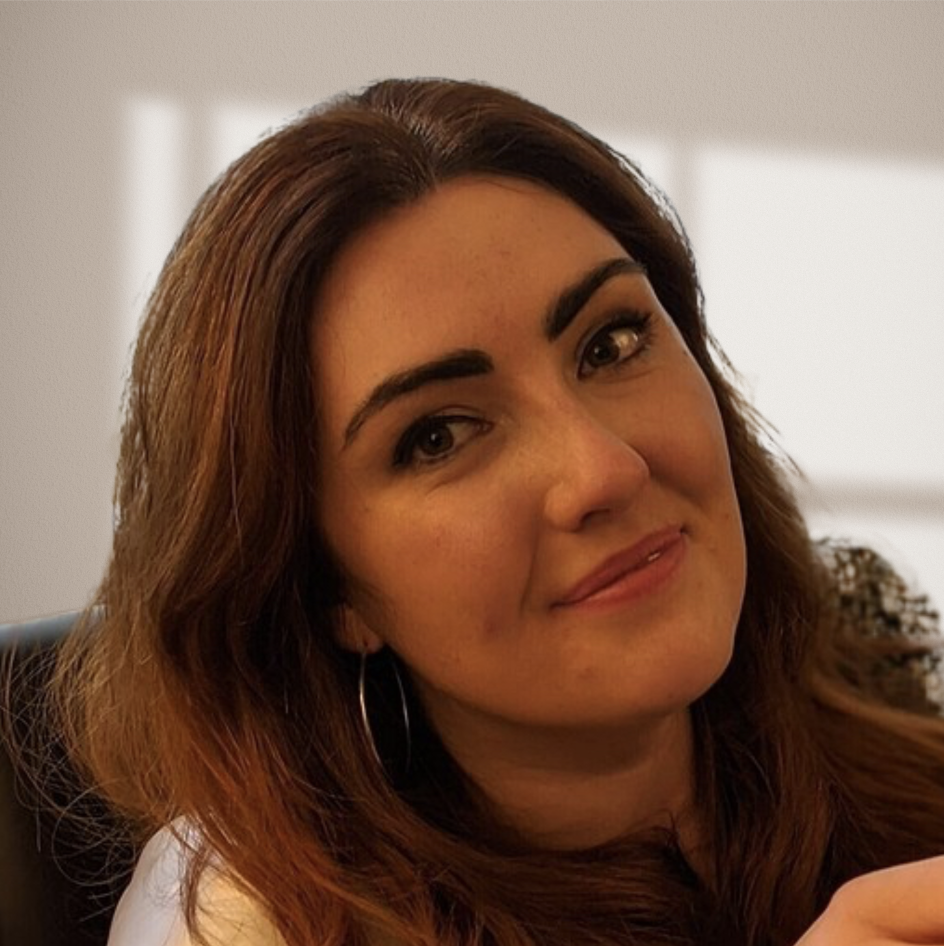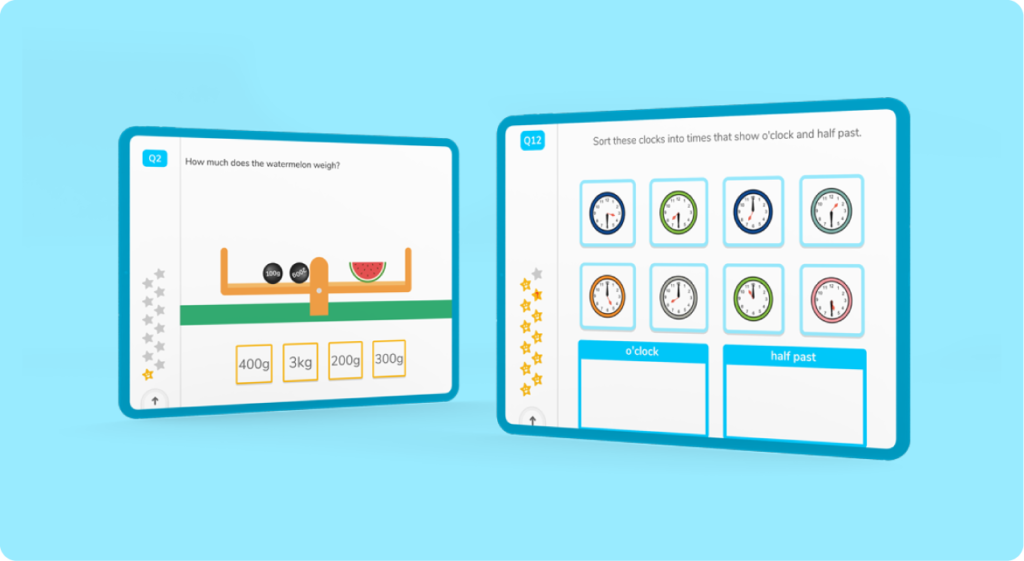

Learn what’s taught in Year 8 maths across the subjects of number, algebra, ratio, geometry, measure, and statistics.

Author
Mhairi Sim
Published
August 2024


Learn what’s taught in Year 8 maths across the subjects of number, algebra, ratio, geometry, measure, and statistics.

Author
Mhairi Sim
Published
August 2024


Learn what’s taught in Year 8 maths across the subjects of number, algebra, ratio, geometry, measure, and statistics.

Author
Mhairi Sim
Published
August 2024


Key takeaways
Table of contents
Year 8 marks the halfway point for students in the KS3 maths curriculum. They’ll use this year to further their skills across six areas they made a start with in Year 7.
In addition to developing their mathematical skills, Year 8 learners should aim to become more confident in their maths application as they:
While there is no prescribed Year 8 maths curriculum, the NCETM (National Center for Excellence in the Teaching of Mathematics) has devised a sample curriculum. This document guides teachers on how to deliver the key learning points in the Key Stage 3 maths curriculum across Years 7, 8, and 9.
Our guide to the Year 8 maths curriculum covers everything you need to know about this important stage. We’ll look at the skills kids will learn in each area, assessments in Year 8, and how you can help students through this year.
The Year 8 maths curriculum covers six broad areas of maths. These are:
Below we’ll explore what Year 8 learners can expect to cover in each area throughout the year, as per the recommended sample curriculum.
Unlock unlimited maths questions
Put your skills to the test with fun exercises + maths games that are proven to boost ability!
The Year 8 maths curriculum sees that learners expand their knowledge and application of various number concepts. In particular, students work on estimation, rounding, and sequences.
This includes rounding more complex numbers to a required number of significant figures and learning how to recognise and record sequences, including using the nth term.
As Year 8 learners tackle more complex mathematical problems, they’ll still be expected to use the number skills they’ve learned previously. This includes multiplication, division, addition, and subtraction.
Students are expected to develop their knowledge of algebra considerably in Year 8.
They’ll work on solving linear equations and equations with an unknown value. They’ll also work on multi-step equations.
Additionally, by the end of the Year 8 maths curriculum, learners should be confident in:
DoodleMaths is an award-winning maths app that’s aligned to the Year 8 maths curriculum and proven to double a child’s rate of progression with just 10 minutes of use a day!
Filled with fun, interactive questions covering the whole curriculum, it creates each child a unique work programme tailored to their needs, boosting their confidence and skills in maths. Try it for free today!

Throughout Year 8, students will apply their understanding of lines, perimeter, volume, and area to solve various problems. They’ll also learn more about the geometric properties of polygons, including how to calculate angles within these shapes.
Another aspect of geometry and measure they’ll explore is constructions. Students will use what they know about the features of circles and rhombuses (e.g. anges, diameter, radius etc) to construct new shapes.
Probability is an area that is not usually covered until Year 9. However, Year 8 learners may touch on some aspects this year by completing activities like probability experiments.
They may explore using two-way grids, tables, or even Venn diagrams to display possible outcomes, and use language related to probability (e.g. fairness, equally, unequally) to explain results.
The Year 8 maths curriculum will challenge learners to independently work with statistics, measures, and analysis in many different ways. This year, students will:
Try DoodleMaths for free!
Select a year group
There are no assessments for Year 8 maths learners! Students will instead focus solely on building the skills needed for GCSEs in Year 10 and Year 11.
Teachers will informally assess students throughout the year to ensure they’re making progress with the Year 8 maths curriculum. This ensures they can tackle any issues that arise quickly!
Help for Year 8 maths can come in a variety of different ways. As students move through secondary school, helping them with certain subjects can seem daunting for parents – and maths is no exception!
Knowing your way around the vocabulary used in the KS3 maths curriculum is a great place to start. Take a look at this maths glossary to get you up to speed with any maths terminology that your kids are bringing home from school!
In Year 8, kiddos begin to dive deeper into algebra and ratio, proportion, and rates of change. It’s essential to let them revise what they covered in the Year 6 and Year 7 maths curriculum to prepare for this!
If you’re still unsure where to start, then let our Doodle Learning maths app help out. Our app has thousands of games and activities which are aligned with the KS3 curriculum and is sure to get your Year 8 learners on track!!
Each user will get a personalised programme of activities that focuses on the areas they need to work on, not just the bits they find easy. It’s a fantastic way to ensure they’re revising and mastering all the skills they’ll need.

Parents, sign up for a DoodleMaths subscription and see your child become a maths wizard!

Lesson credits

Mhairi Sim
Mhairi is an experienced teacher, freelance writer and parent. After completing her bachelor's degree in Psychology, she graduated as a teacher from the University of Strathclyde. She then built experience teaching across KS1 and KS2 throughout the UK. In addition to working in mainstream education, Mhairi specialised in the additional support needs sector, including social, emotional, and behavioural support.

Mhairi
Mhairi is an experienced teacher, freelance writer and parent. After completing her bachelor's degree in Psychology, she graduated as a teacher from the University of Strathclyde. She then built experience teaching across KS1 and KS2 throughout the UK. In addition to working in mainstream education, Mhairi specialised in the additional support needs sector, including social, emotional, and behavioural support.
Book a chat with our team
If you’d like to use Doodle’s browser version, please visit this page on a desktop.
To log in to Doodle on this device, you can do so through our apps. You can find out how to download them here: